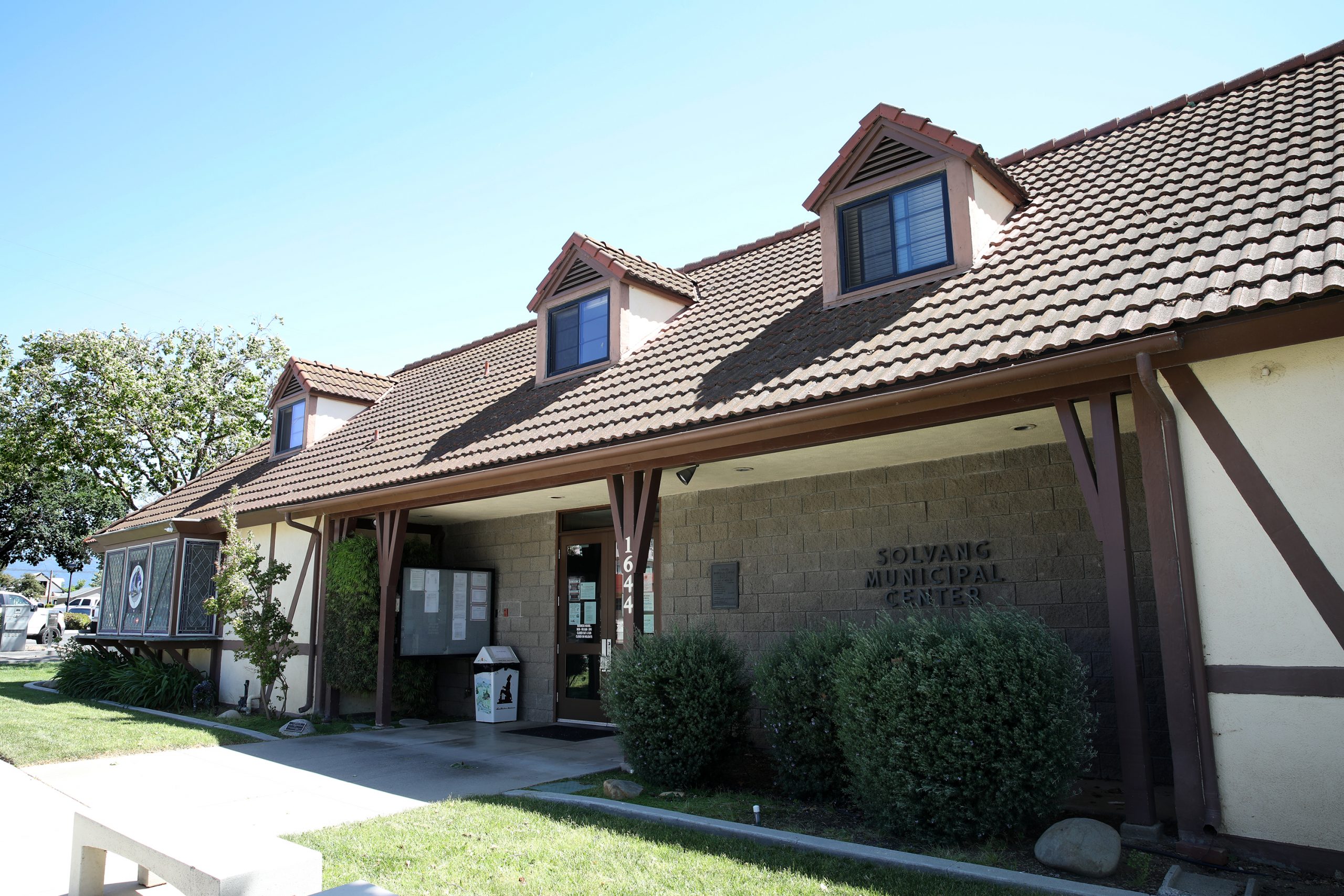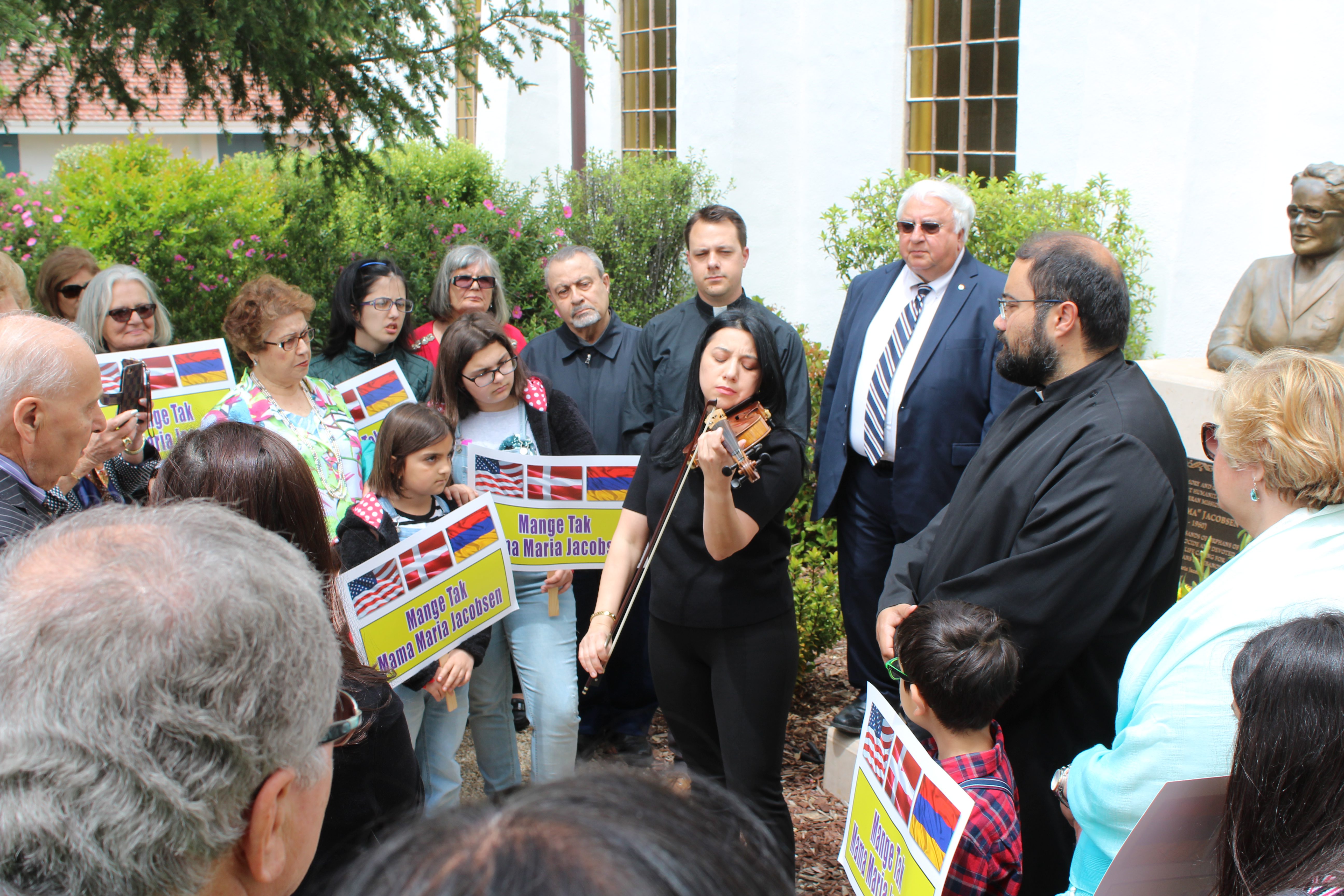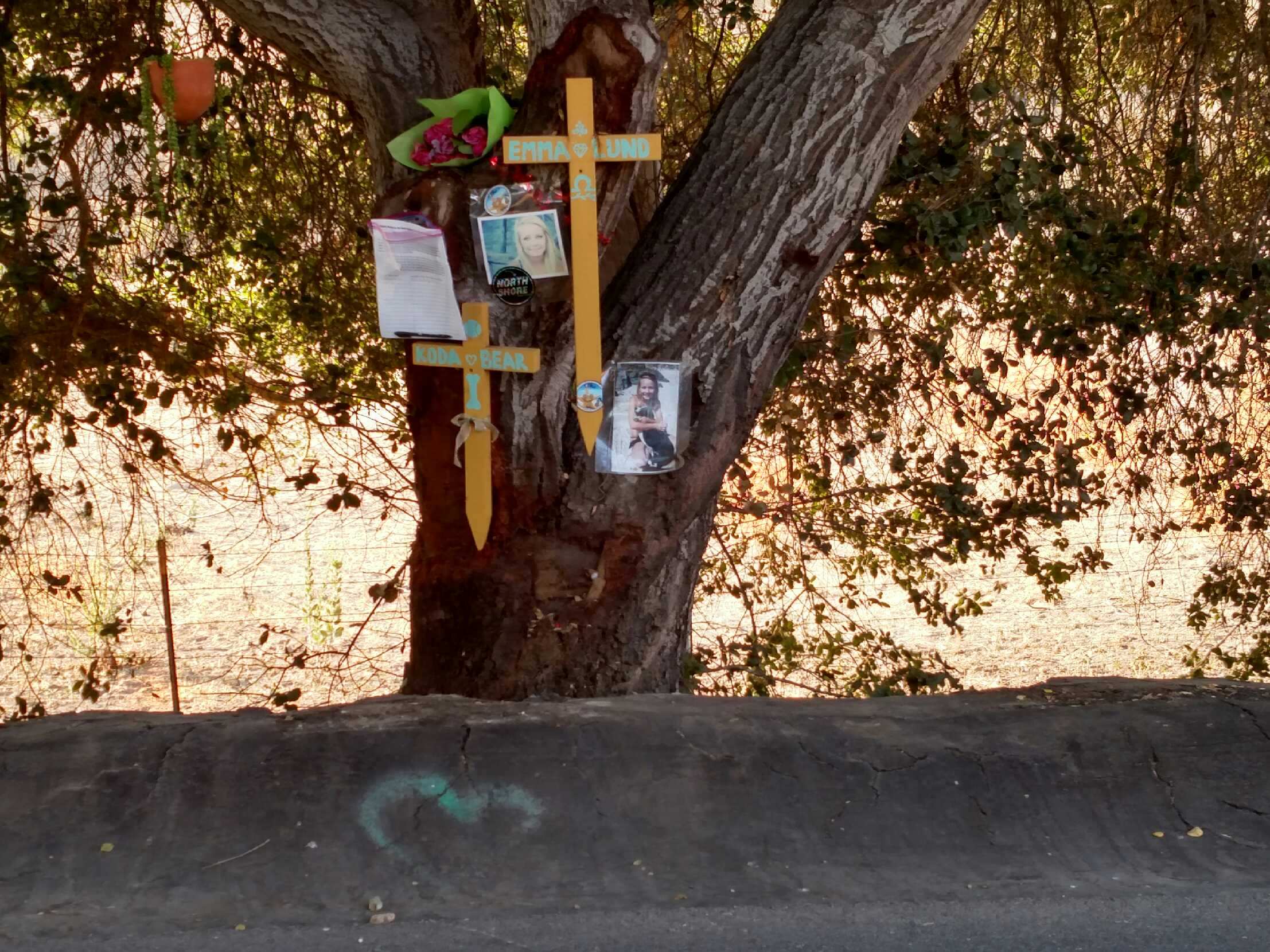“There is no reading of the Brown Act that would allow the Council to cite Cal. Gov. Code § 54956.9, go into closed session, and come out to vote to terminate the contracts with the Chamber and Visitors Bureau. On its face, the action taken during the closed session and the ensuing vote was a violation of the Brown Act,” Deputy District Attorney Casey Nelson wrote.
The DA’s Office halted its investigation when the council on Aug. 12 remedied the violation by voting to rescind the action at the heart of the allegation
“Typically that would be the end of the matter from this Office’s perspective. However, the District Attorney’s Office has received multiple requests to release the name or names of the person or people who made the Brown Act complaint,” Nelson said.
“Although it is not entirely clear, this request appears to be made on behalf of the Council. The implication of the request is that the Council plans on using the information to take retaliatory action against the person, or people, who made the complaint,” Nelson wrote.
Nelson noted that his office does not release details about who filed complaints and that records related to law enforcement investigations office are exempt from disclosure under the California Public Records act.
“Second, as a reminder to all involved, witnesses to crimes are protected by both state and Federal law,” Nelson said, citing California Penal Code and state labor laws.
In response to a Public Record request from the Star and Noozhawk, the District Attorney’s Office confirmed who sought the names.
On Aug. 28, Councilman Chris Djernaes first called the District Attorney’s Office seeking confirmation of names of people he suspected of reporting the Brown Act violations and later emailed, using his city account, to press for identities and claiming they were public record.
Nelson pointed out that law enforcement investigations were exempt for disclosure, something Djernaes said he found “amazing.”
“I thought this is the bedrock of our justice system,” Djernaes wrote in an Aug. 29 email, adding he asked the investigator “to tell you to expedite and conclude your investigation in September.
Days later, Nelson sent the letter via email and regular mail reminding Solvang officials that both the Brown Act and Public Records Act “are not mere trifles.”
The foundation for both laws include the Declaration of Independence and the U.S. Constitution’s First Amendment which protects the people’s rights to “peaceably to assemble, and to petition the Government for a redress of grievances.
“Less eloquently stated, the people have fundamental right to complain about, and to, their government,” Nelson said. “They also have a right to be free from reprisals for doing so.”
Janene Scully contributed to this story and is the North County Editor for Noozhawk. She can be reached at jscully@noozhawk.com.






